Reiki for Mental Health? Here's why you might want to try it.
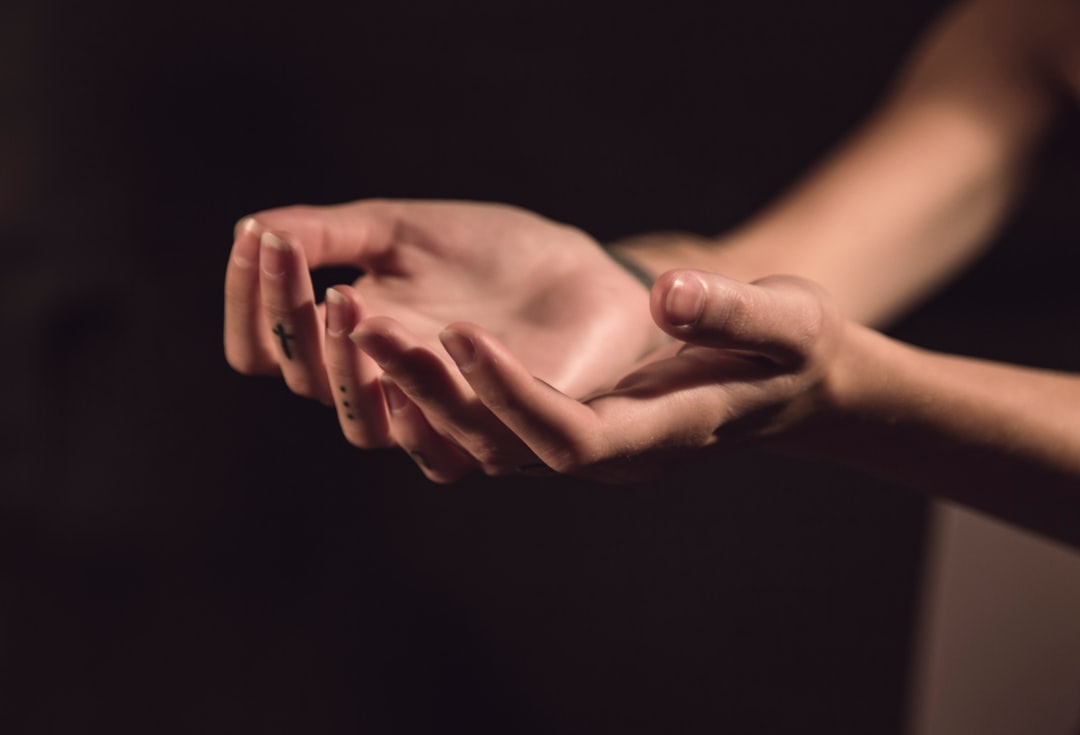
Photo by Milada Vigerova on Unsplash
This last year and a half have been a sh!t show when it comes to mental health...
I probably don’t have to reiterate that for those that already sat on the cusp of sanity, the pandemic was probably enough to push them over the edge.
To add insult to injury, our country fails when it comes to taking care of mental health. Therapy is friggin’ expensive and hardly covered by most insurance, and it seems to only work best when you find a super awesome therapist that you really jive with. (Making friends is hard enough, alright?)
Self-care for mental health has been an increasingly popular internet search, along with people seeking out alternative treatments when it comes to their own health care: things that don’t cost quite so much out of pocket and can get you out of the entrapping web of what-insurance-covers-and-what-it-does-not (and will-it-even-work-or-cause-more-problems?)
What is Reiki?
Reiki is the ancient Japanese practice of energy healing. It can be done hands-on or from a distance, and involves universal energy that is transferred from the practitioner into the patient to encourage emotional and/or physical healing.
Many people can feel heat radiate from the palms of the practitioner, and can often feel that flow of heat into and around their own bodies. When I took my first Reiki class back in the day, I remember explicitly how a circular area in the center of both of my palms would get hot as soon as I set the intention to begin.
It’s based on the idea of moving Qi, which is basically your “life force energy.” Others may call it consciousness or soul, but fundamentally, it’s the energy that inhabits your body while you are on earth and leaves your body when you die. It moves through you, head to toe, and is susceptible to getting stuck, or stagnated, in various areas leading to physical, mental, or emotional health issues.
Did you know your Qi, soul, or consciousness actually has a mass to it? It's 21 grams.
In 1907, Duncan MacDougall conducted a series of experiments where he convinced terminally ill patients to lie on a sensitive scale in their final moments of life. After factoring in things like sweat and urine loss, he found that everybody, no matter their physical size or sex during life, all lost an exact 21 grams at the moment of death.
(But that’s a whole other wormhole for a different post.)
Reiki, or any energy healing really, seeks to connect with that 21 grams of illusive mass inside of you, that life force energy that can get stuck causing you emotional or physical pain in real life.
As for the people I know who have really gotten into energy healing, they swear up and down it’s the missing link, at least for them and through my own personal experiences.
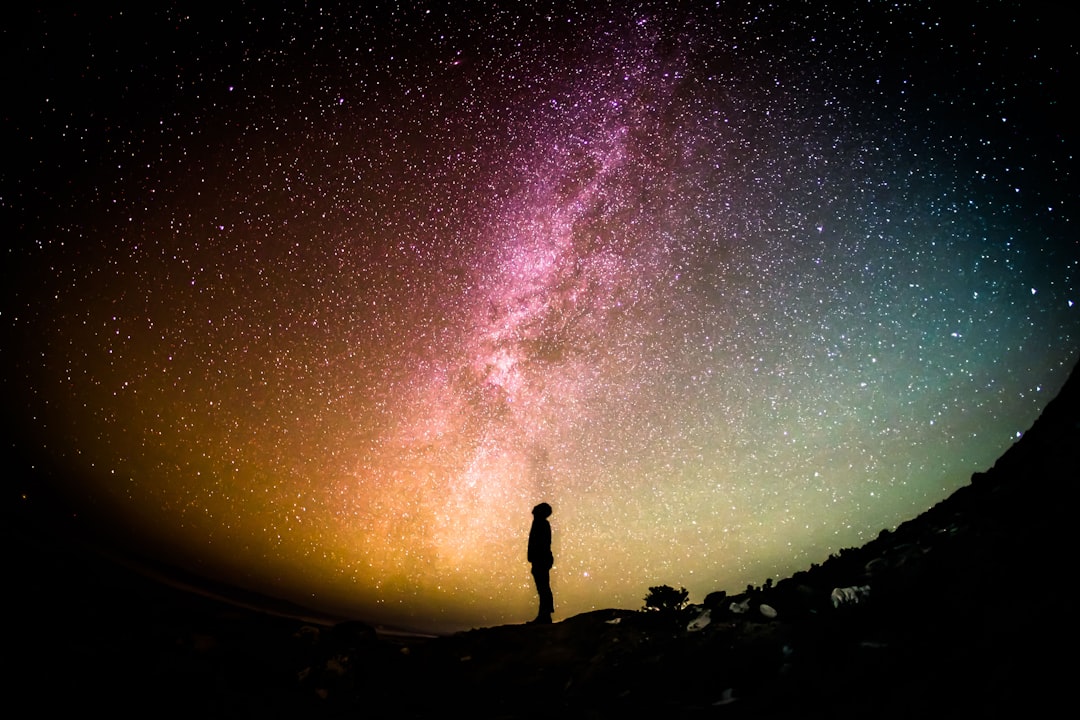
Photo by Greg Rakozy on Unsplash
What does Reiki do for you?
Reiki is known to decrease feelings of anxiety, stress, and depression, as well as alleviate more measurable things like hypertension, sleep disorders, and physical pain. It can lead to deep releases of feelings and emotions, leading to a more clear mind and centered self.
The Science.
This systematic review evaluated 1,118 articles and 222 studies on Reiki, narrowing it down to 11 quality studies that focused solely on its use in mental health care without any other simultaneous treatments.
All the studies demonstrated positive results when it came to relieving symptoms of anxiety, depression, and stress, and in some, even as much as a 50% reduction after Reiki intervention. The studies ranged from healthy individuals to those going through cancer treatments and individuals in nursing homes.
One of the studies from the systematic review looked at the long-term effects of energy healing on psychological depression and self-perceived stress. Participants were split into three groups: One received hands-on Reiki, one group received distance Reiki, and the third received a distance Reiki placebo. Treatments were given once a week for 6 weeks.
There was a significant reduction in symptoms among the two groups receiving the Reiki, both hands-on and distance, and no reduction in symptoms for the placebo group. These improvements were still present even one year later, suggesting that Reiki treatment has the potential for long-term and lasting benefits.
The challenges in studying energy healing.
For those that are into energy healing, paranormal, or other “woo-woo” sort of things, no evidence is necessary. For certain skeptics, no amount of evidence may be enough, particularly since modern-day technology just isn’t advanced enough to study this energetic force in the measurable, tangible way that the “gold standard” for studies likes.
Since stress, depression, and anxiety are all subjective experiences, the reduction of symptoms is also essentially all in the eye of the beholder.
While certain markers within the human nervous system can give us a glimpse into what happens in the body when one suffers from anxiety, most of the symptoms, and therefore relief of the symptoms, is all based on personal testimony and experience.
While there are a few hundred studies out there on Reiki (like good-quality studies that demonstrate benefits) much of it is based on a statistical analysis of the participants’ responses.
Reiki is moving energy that perhaps exists in our biofield, which modern-day technology isn’t developed enough to measure.
Superconducting quantum interference devices (SQUIDs) can measure subtle changes in magnetic fields and may be useful one day, but that’s if the realm of what Reiki works with even lies within that biofield. We just don’t know. We don’t know life force, consciousness, or soul existence in the way we can measure things like nutrients in our systems, nervous system responses, or count the leaves on a tree.
Some smaller studies have looked at Reiki’s effects on more objective things like stress hormones, blood pressure, heart rate, and immune responsivity, but those studies are pretty small and few and far between, at least for now.
So should you try it?
Whether or not you get into it, the risk involved with trying Reiki is low. Even the “hands-on” part doesn’t involve a lot of actual pressure, and if you trust that the practitioner has true intentions, you’ll be okay, whether or not you feel it “worked.”
Here's another thing: When it comes to healing and healing journeys, each one is personal to the individual.
"Healing" comes from the phrase, "to become whole." To become whole means connecting with yourself, and that is a deeply personal journey. Nobody can tell you how to achieve this or where to find it, only you can find this through looking within yourself.
If Reiki or any other sort of energy healing has worked for you, then HORRAY! That is amazing! Do you know how many people go through life always disconnected from themselves, never finding that inner peace and wholeness that a healing experience brings? If you found it, that is something worth celebrating.
As far as the studies go, we’re really at the very beginning. Practices like Reiki or any other energy healing modalities were seen as definite “witch doctor” magic a few decades back and weren’t really taken seriously.
In the last couple of years, as our mental health care system has been failing us epically (at least here in the US) many people are turning to alternative sources of care. The low risk of something like energy healing is something that feels to many like it’s “worth a shot,” and with the amount of data to back it up exponentially growing as years go by, more and more people turn to this sort of care to help them stay centered, grounded, and alleviate their stress.



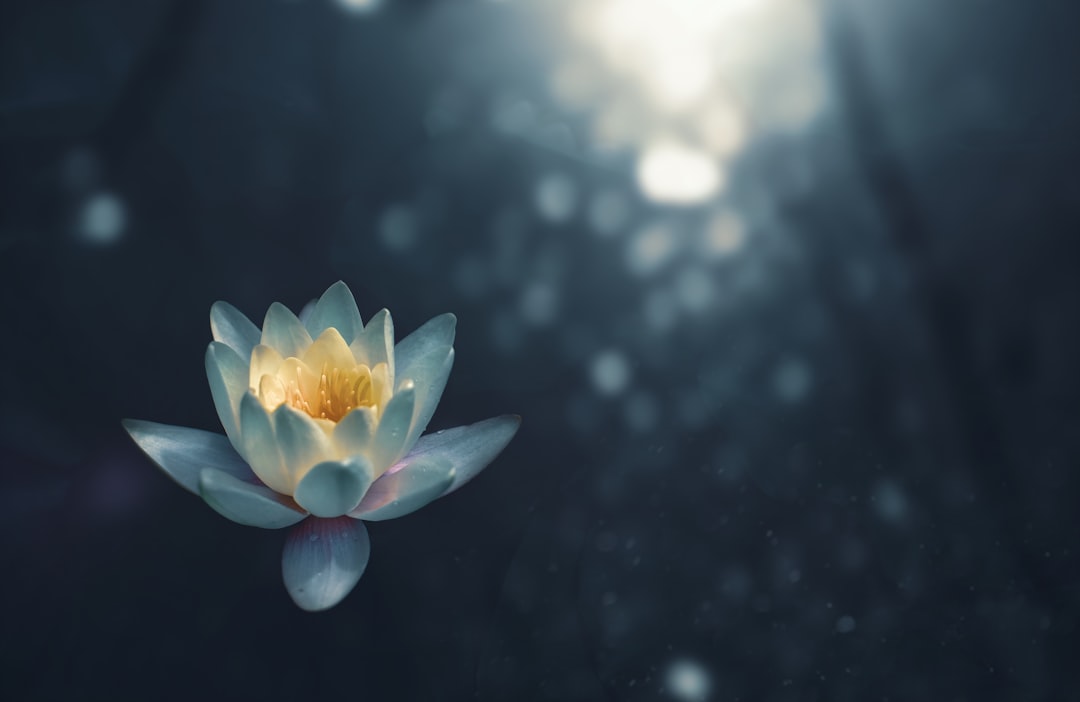
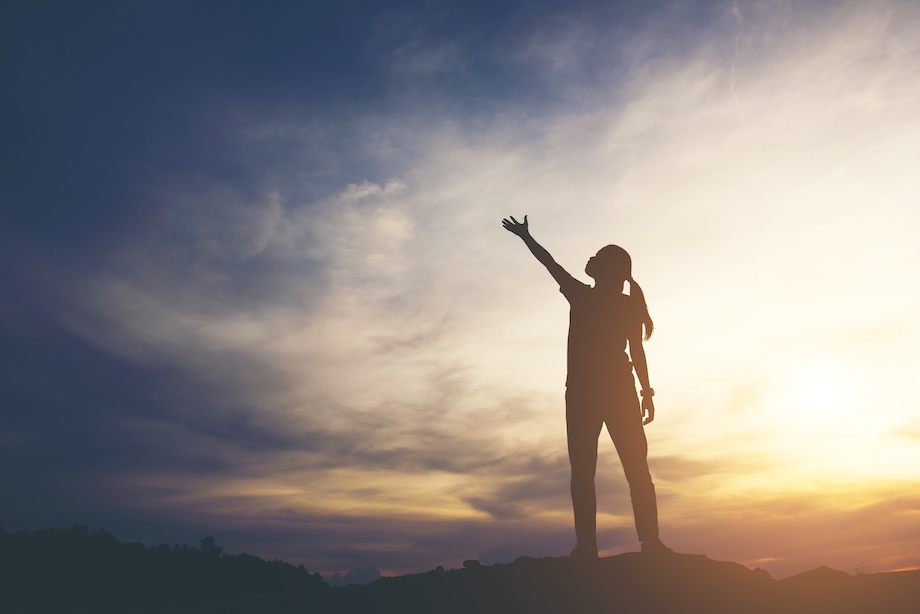



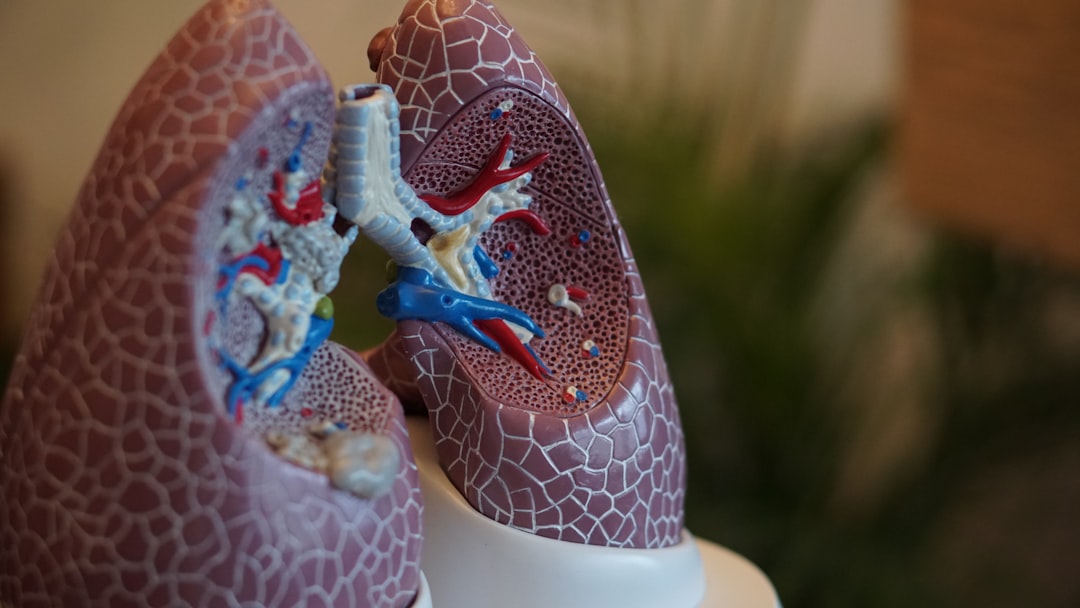
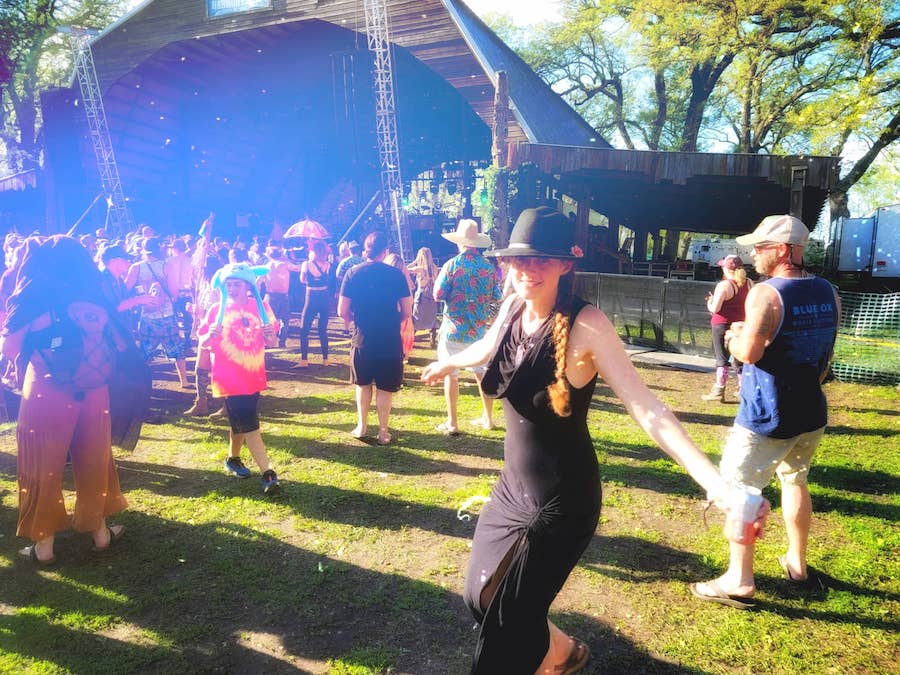


If you enjoyed this article or recipe, please consider giving it a comment! It helps others discover my blog and recipes, and your comments always make my day :) Thank you for your support!
Your email address will not be published. Required fields are marked *